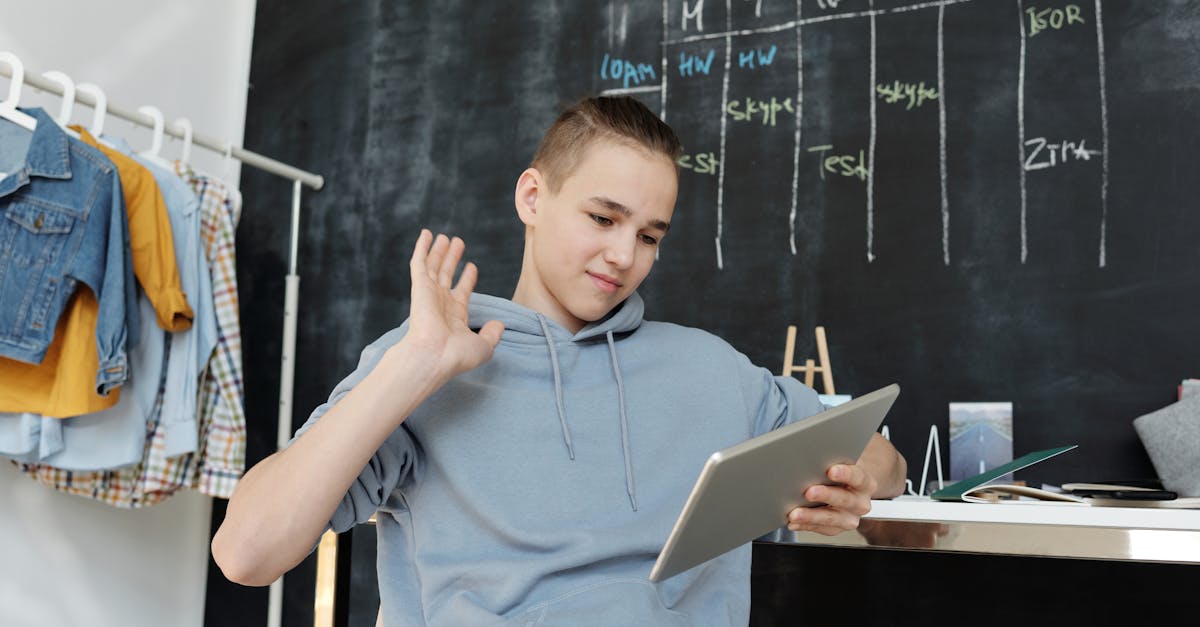Understanding AI in Special Education
AI, or Artificial Intelligence, is transforming the education landscape, especially for children with special needs. Think Rosie from The Jetsons, but for learning! It customizes learning experiences to suit individual needs. For parents, understanding how AI can support their children can be life-changing.
AI systems can analyze a child’s learning patterns and determine personalized approaches. They can adjust lesson plans to ensure every child gets the required support. This adaptability makes learning more inclusive and effective. So, picture AI as a smart tutor who knows exactly how to help your child thrive.

Tailored Learning Experiences with AI
Every child learns differently, and this is where AI truly shines. It can create personalized learning paths based on each child’s strengths and weaknesses. For example, AI can provide interactive math games for a child struggling with numbers or offer reading exercises that gradually increase in difficulty. The result? A learning experience that’s just right for them. Parents can rest easy knowing that AI is working behind the scenes to ensure their child gets the most out of their education. Tailored learning experiences mean more engagement and less frustration for our kids.

Speech and Communication Assistance
Communication can be a significant challenge for children with special needs. Enter AI, equipped with advanced speech recognition and generation technologies. Devices and applications such as speech-to-text software or interactive voice responses can assist children with speech impediments or non-verbal kids in expressing themselves. I’ve seen a friend’s child use an AAC device, and let me tell you, the joy on his face was beyond words! These tools provide a bridge to communication, empowering children to connect more easily with their peers and family members.

Emotional Well-being and AI
Emotional well-being is crucial, and AI can play a supportive role here too. AI-driven apps can monitor facial expressions and tone of voice to gauge a child’s emotional state. For instance, if a child seems anxious or stressed, the system can recommend calming activities or alert parents and teachers. It’s like having a little therapist who understands and looks out for your child’s mental health. These technologies help create a supportive environment where children feel understood and cared for. Plus, the peace of mind it brings to parents is priceless.

Physical Aid through AI
Physical disabilities often pose additional learning challenges. AI-powered devices such as robots and adaptive hardware can assist with mobility and daily tasks.
Imagine an AI-powered robotic arm helping a child with motor skill difficulties to complete tasks like drawing or writing. These tools can provide the necessary support to ensure children with physical disabilities do not feel left out.
The exciting part is seeing how technology can open new doors and make the impossible possible. Parents can be assured that their children receive the assistance they need to thrive.

The Future of AI in Special Education
The future of AI in special education is incredibly promising. With advancements moving at warp speed, imagine what’s next. We might see more sophisticated AI systems offering even deeper personalization and support.
There’s potential for integrating AI with virtual reality to create immersive learning experiences. The key is to keep an open mind and stay informed about new developments. Engage with other parents, join forums, and share your experiences. The more we know and share, the better we can help our children. The future is bright, and AI is paving the way!

